In today’s fast-paced global trade environment, door-to-door shipping has emerged as a game-changing logistics solution for businesses and individuals alike. This comprehensive service streamlines the shipping process by handling everything from the supplier’s warehouse in China to the recipient’s address in Australia. With the freight forwarder managing crucial components like pickup service, customs clearance, and last-mile delivery, importers can focus on what truly matters—their core business operations.
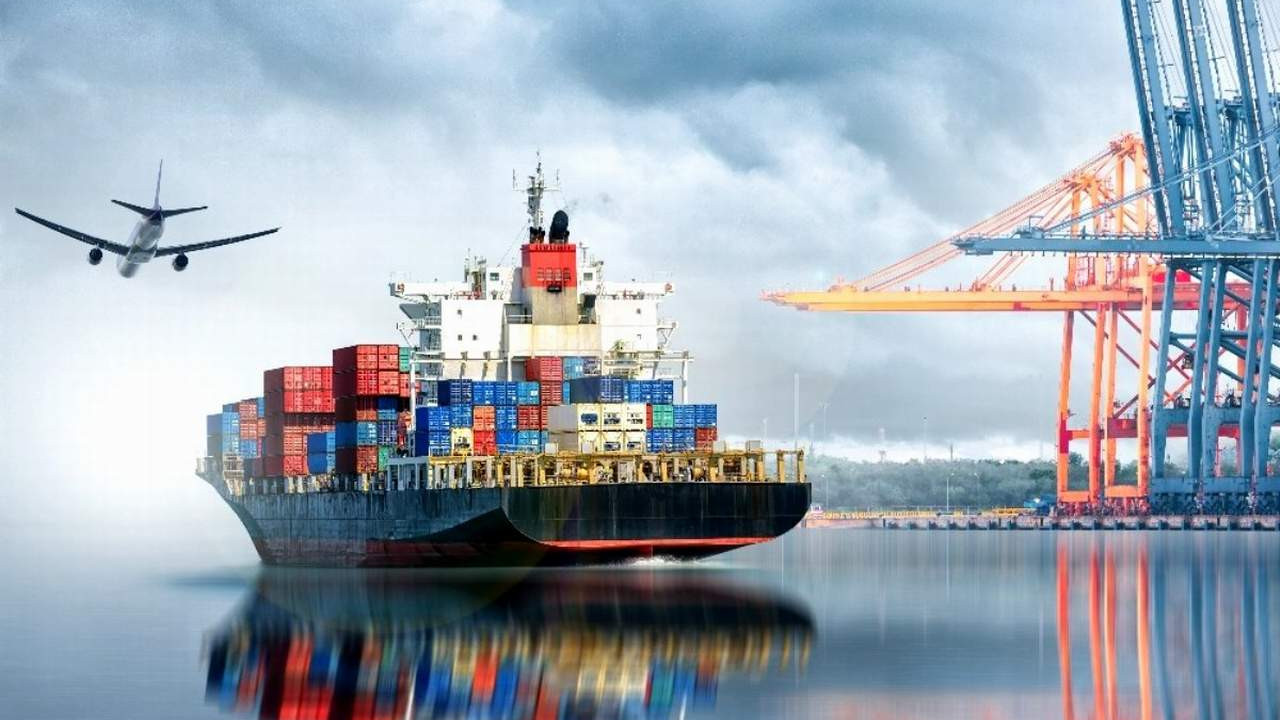
In this guide, we will explore the key components of door-to-door shipping, the benefits it offers for imports from China to Australia, and the various shipping methods available. Whether you’re a company in need of consistent inventory supply or an individual importing personal items, door-to-door shipping presents a hassle-free experience tailored to your specific needs.
Introduction to Door-to-Door Shipping
Door-to-door shipping refers to a comprehensive logistics service where the freight forwarder manages the entire shipping process from the point of origin (usually the supplier’s warehouse in China) to the final destination (the recipient’s address in Australia). This service is highly convenient, as it minimizes the need for the importer to engage in the logistics process, allowing them to focus on their core business operations.
Key Components of Door-to-Door Shipping
The fundamental components of door-to-door shipping include:
- Pickup Service: Freight forwarders coordinate the collection of goods from the supplier’s location.
- Transportation: The goods are transported via various methods, such as ocean freight or air freight, depending on the urgency and cost.
- Customs Clearance: The freight forwarder handles all necessary customs documentation and procedures in both the exporting and importing countries.
- Last-Mile Delivery: Finally, the goods are delivered directly to the customer’s specified address, ensuring a seamless transition from supplier to recipient.
DDU vs DDP
When it comes to door-to-door shipping, two common terms are often encountered: DDU (Delivered Duty Unpaid) and DDP (Delivered Duty Paid).
- DDU (Delivered Duty Unpaid): In this arrangement, the seller delivers the goods to the buyer’s location, but the responsibility for customs duties and taxes falls on the buyer. This means that the buyer must settle any additional costs upon arrival of the goods.
- DDP (Delivered Duty Paid): Conversely, in a DDP arrangement, the seller assumes all responsibility for shipping costs, customs duties, and taxes. The buyer receives the goods without any additional charges upon delivery, making it a more convenient option for many importers.
Benefits of Door-to-Door Shipping from China to Australia
Hassle-Free Shipping Process
One of the significant advantages of door-to-door shipping from China to Australia is the hassle-free experience it offers. Importers do not need to worry about coordinating various logistics aspects, as the freight forwarder manages everything. This streamlines the process, making it more efficient and reducing the potential for errors.
Guaranteed Delivery to Your Doorstep
With door-to-door shipping, you can expect guaranteed delivery directly to your specified address in Australia. This service is particularly beneficial for businesses that require consistent inventory supply or individuals who want to receive goods without the complications of multiple delivery points.
Tracking and Insurance Options Available
Most door-to-door shipping providers, including Dantful, offer comprehensive tracking systems that allow you to monitor your shipment in real-time. Moreover, insurance options are often available, providing peace of mind that your goods are protected against potential loss or damage during transit.
Suitable for Both Individuals and Businesses
Whether you are an individual importing personal items or a business looking to transport bulk products, door-to-door shipping is adaptable to various needs. It caters to small shipments as well as large-scale freight, making it an ideal choice for a diverse clientele.
By leveraging the expertise and services of Dantful International Logistics, you can enjoy a professional, cost-effective, and high-quality shipping experience tailored to your specific requirements. If you’re considering importing goods, explore Dantful’s door-to-door shipping services today!
READ MORE:
- Shipping From China to the United States
- Shipping From China TO Canada
- Shipping From China TO Mexico
- Shipping From China to Panama
- Shipping From China to Costa Rica
- Shipping From China to Brazil
- Shipping From China TO Colombia
- Shipping From China to Jamaica
- Shipping From China to Venezuela
Shipping Methods
Air Freight Door-to-Door Shipping
Air freight door-to-door shipping is an expedited method of transporting goods from China to Australia via air. This option is ideal for time-sensitive shipments, such as perishable goods, urgent supplies, or high-value items. The speed of air freight allows for deliveries typically within 3 to 10 days, depending on the specific route and service used. Although air freight can be more expensive than other shipping methods, its reliability and speed make it an attractive option for many businesses and individuals requiring rapid delivery.
Sea Freight Door-to-Door Shipping
Sea freight door-to-door shipping is a cost-effective solution for shipping larger volumes of goods. There are two primary options within sea freight: LCL (Less than Container Load) door-to-door and FCL (Full Container Load) door-to-door.
- LCL Door-to-Door Shipping: This method is suitable for shipments that do not require an entire container. LCL allows multiple shippers to share container space, making it an economical choice for smaller shipments. The goods are consolidated at the port, shipped, and then separated at the destination before final delivery.
- FCL Door-to-Door Shipping: For larger shipments, FCL is the preferred choice. With FCL, you rent an entire container for your goods, providing a dedicated transport solution. This method is more cost-effective per unit for bulk goods and typically leads to faster transit times since the container is not delayed by the need to consolidate other shipments.
Express Door-to-Door Shipping
Express door-to-door shipping is an option for those seeking speed without the formalities of standard air freight. Express services utilize a combination of air and ground transport to ensure quick delivery, often within 1 to 3 days. This method is highly suitable for urgent shipments that require immediate handling and delivery, such as critical parts for production lines or fast-moving consumer goods. Leading express carriers employ sophisticated logistics networks to ensure timely delivery, making this a reliable option for businesses operating on tight schedules.
Steps in the Door-to-Door Shipping Process
Pickup from the Supplier in China
The first step in the door-to-door shipping process is the pickup from the supplier in China. The freight forwarder coordinates with the manufacturer or supplier to schedule a pickup at the designated location. This service can be tailored to accommodate various shipping schedules, ensuring that the process begins smoothly and efficiently.
Export Customs Clearance in China
Once the goods are picked up, the next step involves export customs clearance in China. The freight forwarder prepares and submits all necessary documentation to the Chinese customs authorities. This process includes declarations of the goods being shipped, invoices, and any permits required for export. Timely clearance is crucial to avoid delays and ensure that the shipment is ready for international transportation.
International Transportation (Air or Sea)
After successful customs clearance, the goods are transported internationally via air or sea, depending on the chosen shipping method. Air transportation provides rapid delivery, while sea freight is more economical for larger shipments. Both options involve careful handling and tracking of the shipment to ensure it reaches the destination port without issues.
Import Customs Clearance in Australia
Upon arrival in Australia, the shipment must undergo import customs clearance. The freight forwarder works with Australian customs to ensure that all documentation is in order and that any applicable duties and taxes are paid. This stage is critical, as strict customs regulations govern the import of goods, and any discrepancies can lead to delays or additional costs.
Last-Mile Delivery to the Final Destination
The final step in the door-to-door shipping process is the last-mile delivery to the final destination. After customs clearance, the goods are transported to the specified address in Australia. This delivery is managed by the freight forwarder, ensuring that the entire process remains seamless and that the recipient receives their shipment directly at their doorstep. The last-mile delivery is often tracked, and customers are provided with updates on the status of their shipment.
Utilizing Dantful International Logistics for your shipping needs guarantees a highly professional, cost-effective, and quality service that navigates the complexities of international logistics seamlessly.
Cost Factors in Door-to-Door Shipping
Breakdown of Typical Costs Involved
When engaging in door-to-door shipping, several costs are typically involved. Understanding the breakdown of these costs can help importers budget effectively. Here’s a summary of common cost components:
| Cost Component | Description |
|---|---|
| Pickup Fees | Charges for collecting the goods from the supplier’s location. |
| Transportation Costs | Fees associated with the chosen shipping method (air freight, sea freight, etc.). |
| Customs Duties and Taxes | Government-imposed fees required for importing goods into Australia. |
| Insurance Costs | Premiums for insuring the shipment against potential loss or damage. |
| Handling Fees | Charges for loading and unloading goods at various points in the shipping process. |
| Delivery Fees | Final charges for delivering the goods to the recipient’s address. |
Factors Affecting Pricing
Several factors can influence the overall cost of door-to-door shipping:
- Shipping Method: Air freight is generally more expensive than sea freight, but it offers faster delivery times. Choosing between LCL and FCL also affects pricing.
- Volume and Weight: The size and weight of the shipment impact transportation costs. Heavier and larger items incur higher fees.
- Destination: The distance and complexity of the delivery location can affect shipping costs. Remote areas may incur additional charges.
- Seasonality: Demand fluctuations during peak seasons (e.g., holiday periods) can lead to increased shipping costs.
Tips for Cost Optimization
To reduce costs associated with door-to-door shipping, consider the following tips:
- Consolidate Shipments: Combine multiple small shipments into one larger shipment to take advantage of LCL rates and reduce handling costs.
- Negotiate Rates: Work closely with your freight forwarder to negotiate better rates based on your shipping volume and frequency.
- Choose the Right Shipping Method: Evaluate the urgency of your shipment. If time is not a critical factor, opt for sea freight instead of air freight.
- Monitor Customs Regulations: Stay informed about customs regulations and associated fees to avoid unexpected costs.
- Utilize Insurance Wisely: While insurance is important, ensure you are not over-insured. Choose coverage that reflects the actual value of your goods.
| Cost Optimization Strategy | Description |
|---|---|
| Consolidate Shipments | Reduces overall shipping costs by combining multiple orders. |
| Negotiate Rates | Engaging freight forwarders for competitive rates based on volume. |
| Choose the Right Method | Selecting the appropriate shipping method based on urgency and budget. |
| Monitor Regulations | Keeping track of customs regulations to avoid unexpected fees. |
| Utilize Insurance Wisely | Balancing coverage and cost to ensure adequate protection without overspending. |
You may be interested in the following related articles:
- Cost of Shipping 20ft & 40ft Containers from China to Canada in 2024
- Unlocking the Secrets: Cost of Shipping 20ft & 40ft Containers from China to Brazil
- Ultimate 2024 Guide: Cost of Shipping 20ft & 40ft Containers from China to Kenya
- Ultimate Guide to Sea Freight from China to South Africa: Costs, Routes, and Best Practices
- Comprehensive Guide to Sea Freight from China to Colombia: Costs, Timeframes, and Tips
- The Ultimate Guide to Sea Freight from China to Morocco: Cost, Time, and Best Practices
Transit Times in Door-to-Door Shipping
Estimated Durations for Different Shipping Methods
Transit times can vary significantly depending on the shipping method chosen. Understanding these estimated durations can assist in planning your shipments accordingly. Below is an overview of typical transit times for each shipping method:
| Shipping Method | Estimated Transit Time |
|---|---|
| Air Freight | 3 to 10 days |
| Sea Freight (LCL) | 20 to 45 days |
| Sea Freight (FCL) | 15 to 30 days |
| Express Shipping | 1 to 3 days |
Factors That Can Affect Delivery Times
Multiple factors can influence the transit times for door-to-door shipping, including:
- Weather Conditions: Severe weather can cause delays in transportation, especially for air freight.
- Customs Delays: The customs clearance process can vary in duration; unexpected inspections or documentation issues can add time.
- Transportation Mode Availability: Availability of vessels or flights can impact scheduling and delivery times, especially during peak seasons.
- Distance and Route: Longer distances and less direct routes can result in longer transit times.
| Factor Affecting Delivery Times | Description |
|---|---|
| Weather Conditions | Harsh weather can delay transportation schedules. |
| Customs Delays | Unexpected issues during customs clearance can prolong delivery. |
| Transportation Mode Availability | Limited flights or vessels can lead to delays. |
| Distance and Route | Longer and less direct routes may increase transit times. |
Partnering with Dantful International Logistics ensures a reliable shipping experience, tailored to your requirements. For more details on optimizing your shipping process, visit Dantful today!
Choosing the Right Freight Forwarder
Selecting the right freight forwarder is crucial to ensuring a smooth and efficient shipping experience, particularly when it comes to door-to-door shipping from China to Australia. Below are key considerations to help you choose the best partner for your logistics needs.
Look for a Reliable and Experienced Company
When choosing a freight forwarder, it is essential to prioritize reliability and experience. A reputable company will have a proven track record of successfully managing logistics and transportation, particularly for the specific routes you require. Look for the following indicators:
- Industry Experience: Companies with years of experience are more likely to navigate potential challenges effectively and efficiently. Research their history, and check how long they have been in the business.
- Customer Reviews and Testimonials: Reading reviews from previous clients can give you insight into the company’s reliability and quality of service. Look for online reviews, testimonials, and case studies that highlight their expertise and client satisfaction.
- Certifications and Licenses: Ensure that the forwarder holds the necessary certifications and licenses to operate in both the originating and destination countries. This demonstrates their compliance with international logistics standards.
Compare Shipping Rates and Transit Times
Cost is always a significant consideration when selecting a freight forwarder. However, it is essential to balance pricing with the quality of service provided. Here’s what to consider:
- Shipping Rates: Request quotes from multiple freight forwarders for your specific shipping requirements. Compare their rates to find a competitive price that fits your budget.
- Transit Times: While lower rates may be attractive, consider the associated transit times. Ensure that the shipping speed aligns with your timeline. Sometimes paying slightly more for faster transit can lead to better overall satisfaction.
- Transparent Pricing: Look for transparency in the pricing structure. Avoid companies that have hidden fees or ambiguous quotations, as this can lead to unexpected costs down the line.
Ensure the Forwarder Offers Door-to-Door Service
One of the primary advantages of using a freight forwarder is the convenience of door-to-door shipping. Not all freight forwarders offer this comprehensive service, so it is essential to confirm:
- Pickup and Delivery Options: Ensure that the forwarder can handle pickup from the supplier’s location in China and deliver directly to your specified address in Australia.
- Flexibility in Shipping Options: A good freight forwarder should provide various shipping methods (air, sea, express) to suit your specific needs and preferences.
- Seamless Coordination: The forwarder should be capable of efficiently coordinating all logistics aspects, from collection to delivery, to ensure a smooth shipping process.
Check for Additional Services Like Customs Clearance
In addition to standard shipping, consider whether the freight forwarder offers additional services that may simplify your logistics:
- Customs Clearance: A proficient forwarder should handle customs paperwork and clearance efficiently, minimizing delays. Confirm that they have expertise in customs regulations for both China and Australia, as this can save you time and reduce the risk of complications.
- Insurance Services: Look for forwarders that offer cargo insurance options to protect your goods against potential loss or damage during transit.
- Warehouse Services: If your logistics needs include storage solutions, check if the freight forwarder offers warehouse services. This can be particularly useful for businesses managing inventory before distribution.
- Tracking and Support: Choose a forwarder that provides real-time shipment tracking and dedicated customer support to address any concerns that may arise during the shipping process.
Partnering with a reliable and experienced company like Dantful International Logistics ensures a professional, cost-effective, and high-quality service that meets your logistical requirements. Explore their offerings today to enhance your shipping experience!
Dantful International Logistics Services:
- Dantful Ocean Freight Services
- Air Freight From China
- Amazon FBA Freight Forwarding
- WAREHOUSE Services
- One-Stop Customs Clearance Solution
- Cargo Insurance Services in China
- DDP Shipping Services By Dantful Logistics
- Out of Gauge Cargo Transportation Shipping Services
FAQs
1. What is Door-to-Door Shipping?
Door-to-door shipping is a logistics service that covers the entire shipping process from the supplier’s location (usually in China) to the recipient’s address in the destination country, providing a hassle-free experience for importers.
2. What are the key components of Door-to-Door Shipping?
The fundamental components include:
- Pickup Service: Collection of goods from the supplier’s location.
- Transportation: Shipping via air or sea.
- Customs Clearance: Handling of necessary customs documentation.
- Last-Mile Delivery: Direct delivery to the recipient’s address.
3. What is the difference between DDU and DDP?
- DDU (Delivered Duty Unpaid): The seller delivers goods, but the buyer pays for customs duties and taxes upon arrival.
- DDP (Delivered Duty Paid): The seller covers all shipping costs, including customs duties and taxes, so the buyer receives the goods without additional charges.
4. How do I choose the right freight forwarder for Door-to-Door Shipping?
Consider the following factors:
- Reliability and Experience: Look for a company with a proven track record.
- Shipping Rates and Transit Times: Compare quotes and service quality.
- Door-to-Door Service: Ensure they offer comprehensive pickup and delivery.
- Additional Services: Check for customs clearance, insurance, and warehousing options.
5. What shipping methods are available for Door-to-Door Shipping?
The main methods include:
- Air Freight: Fast shipping, ideal for urgent deliveries (3 to 10 days).
- Sea Freight: More economical, suitable for larger volumes (LCL and FCL options).
- Express Shipping: Quick delivery, often within 1 to 3 days.
6. What costs are involved in Door-to-Door Shipping?
Typical costs include:
- Pickup fees
- Transportation costs (air or sea)
- Customs duties and taxes
- Insurance costs
- Handling fees
- Delivery fees
7. How can I optimize shipping costs?
To reduce costs, consider:
- Consolidating shipments
- Negotiating rates with freight forwarders
- Choosing the right shipping method based on urgency
- Monitoring customs regulations to avoid unexpected fees
- Utilizing insurance wisely
8. What are the estimated transit times for different shipping methods?
- Air Freight: 3 to 10 days
- Sea Freight (LCL): 20 to 45 days
- Sea Freight (FCL): 15 to 30 days
- Express Shipping: 1 to 3 days
9. What additional services should I look for in a freight forwarder?
Consider services such as:
- Customs clearance
- Insurance options
- Warehouse services
- Real-time tracking and dedicated customer support

Young Chiu is a seasoned logistics expert with over 15 years of experience in international freight forwarding and supply chain management. As CEO of Dantful International Logistics, Young is dedicated to providing valuable insights and practical advice to businesses navigating the complexities of global shipping.
The other language versions of this article
- الدليل النهائي للشحن من الباب إلى الباب من الصين إلى أستراليا: كل ما تحتاج إلى معرفته! – دانفول
- De ultieme gids voor deur-tot-deur verzending van China naar Australië: alles wat u moet weten! – Dantachtig
- Le guide ultime de l’expédition porte à porte de la Chine vers l’Australie : tout ce que vous devez savoir ! – Danteux
- Der ultimative Leitfaden für Tür-zu-Tür-Versand von China nach Australien: Alles, was Sie wissen müssen!
- La guida definitiva alla spedizione porta a porta dalla Cina all’Australia: tutto quello che devi sapere!
- La guía definitiva para envíos puerta a puerta desde China a Australia: ¡todo lo que necesita saber!
- O guia definitivo para remessa porta a porta da China para a Austrália: tudo o que você precisa saber!
- Полное руководство по доставке от двери до двери из Китая в Австралию: все, что вам нужно знать! – Дантфул
- Çin’den Avustralya’ya Kapıdan Kapıya Nakliye İçin Nihai Kılavuz: Bilmeniz Gereken Her Şey!







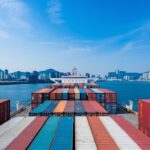

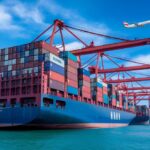

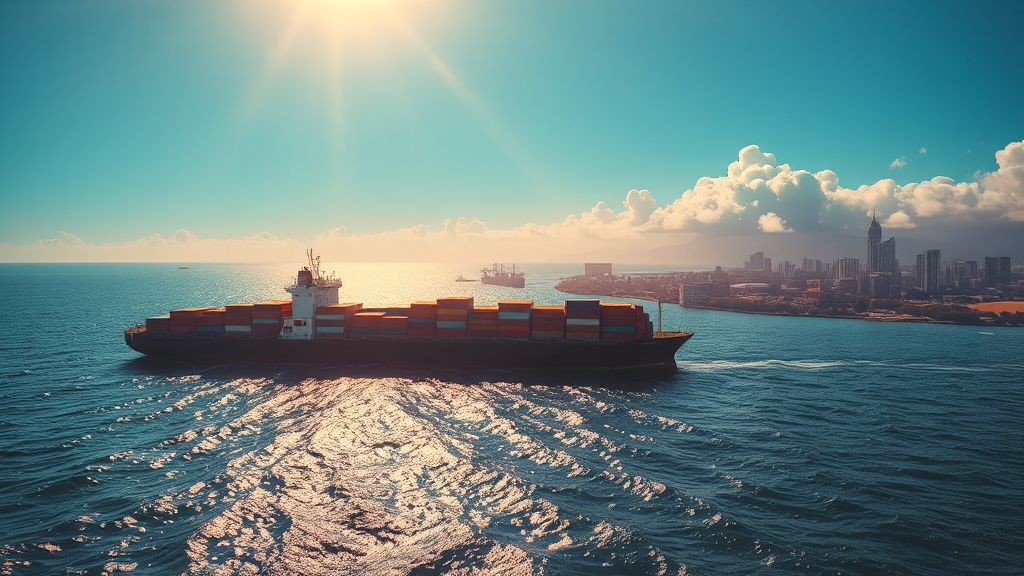
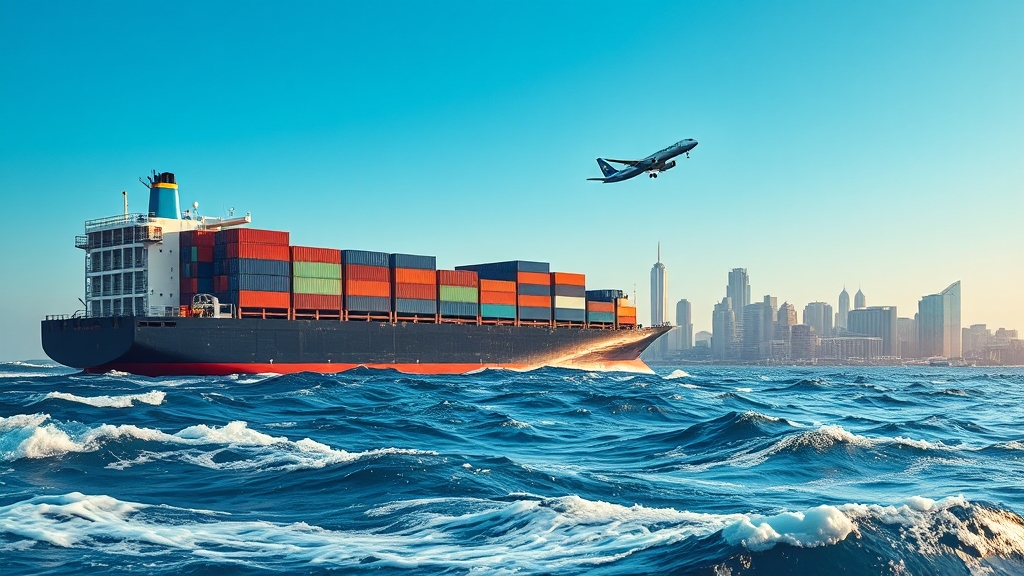
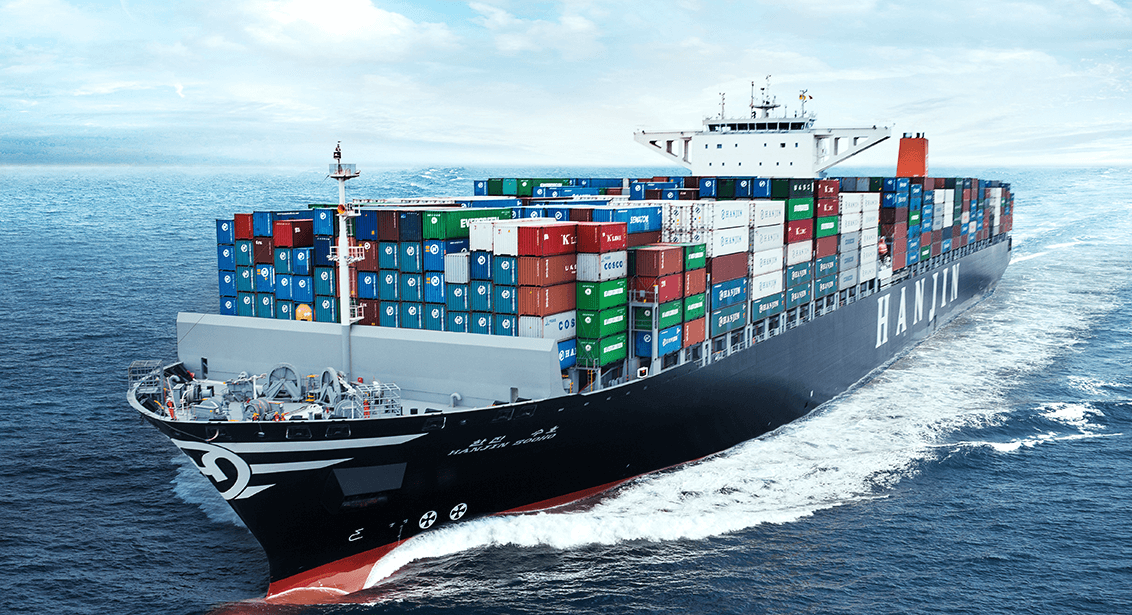
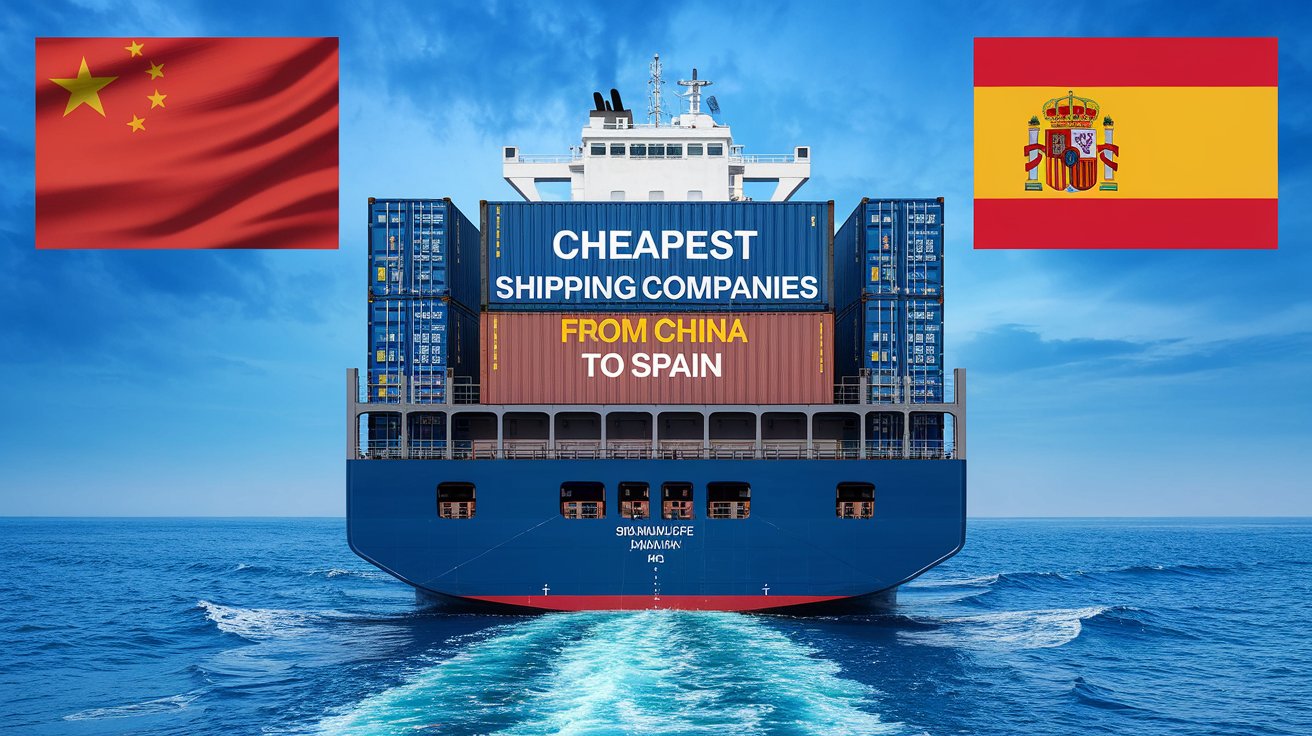
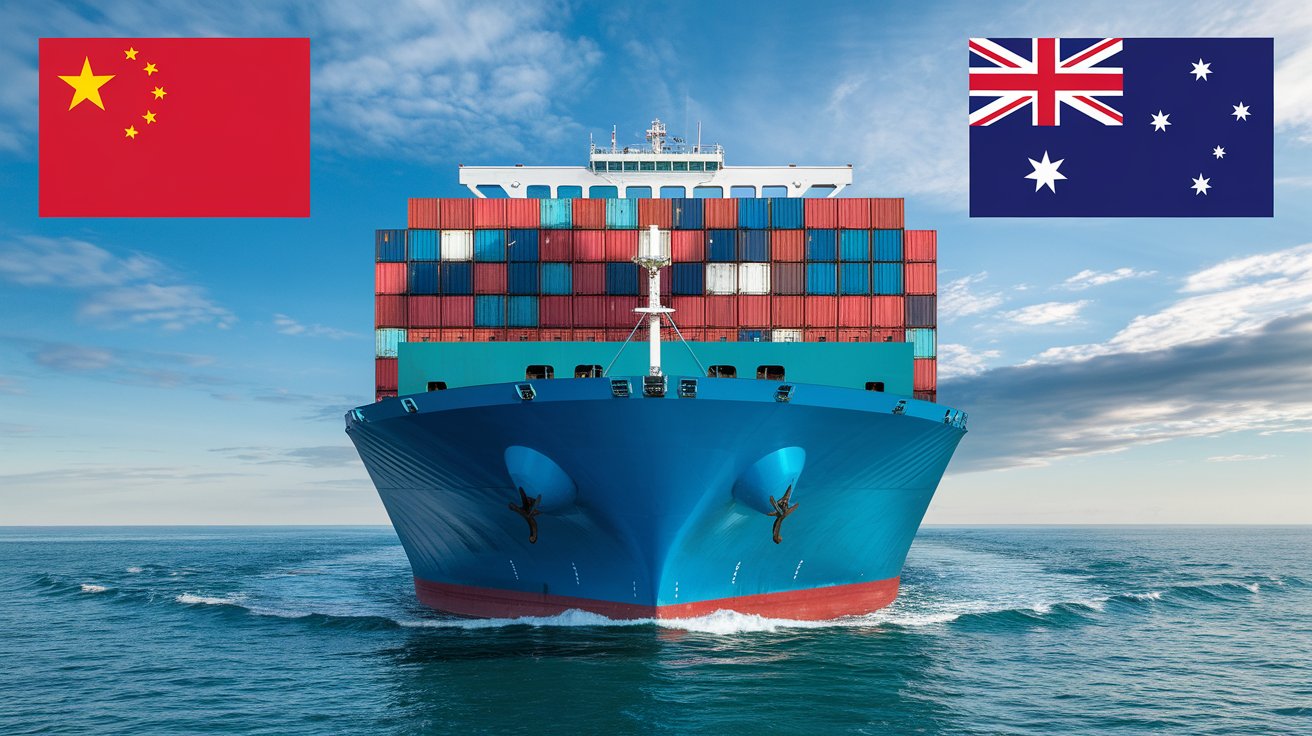





 Afrikaans
Afrikaans Shqip
Shqip አማርኛ
አማርኛ العربية
العربية Հայերեն
Հայերեն Azərbaycan dili
Azərbaycan dili Euskara
Euskara Беларуская мова
Беларуская мова বাংলা
বাংলা Bosanski
Bosanski Български
Български Català
Català Cebuano
Cebuano Chichewa
Chichewa 简体中文
简体中文 繁體中文
繁體中文 Corsu
Corsu Hrvatski
Hrvatski Čeština
Čeština Dansk
Dansk Nederlands
Nederlands English
English Esperanto
Esperanto Eesti
Eesti Filipino
Filipino Suomi
Suomi Français
Français Galego
Galego ქართული
ქართული Deutsch
Deutsch Ελληνικά
Ελληνικά Kreyol ayisyen
Kreyol ayisyen Harshen Hausa
Harshen Hausa Ōlelo Hawaiʻi
Ōlelo Hawaiʻi עִבְרִית
עִבְרִית हिन्दी
हिन्दी Hmong
Hmong Magyar
Magyar Íslenska
Íslenska Igbo
Igbo Bahasa Indonesia
Bahasa Indonesia Gaeilge
Gaeilge Italiano
Italiano 日本語
日本語 Basa Jawa
Basa Jawa ಕನ್ನಡ
ಕನ್ನಡ Қазақ тілі
Қазақ тілі ភាសាខ្មែរ
ភាសាខ្មែរ 한국어
한국어 كوردی
كوردی Кыргызча
Кыргызча ພາສາລາວ
ພາສາລາວ Latin
Latin Latviešu valoda
Latviešu valoda Lietuvių kalba
Lietuvių kalba Lëtzebuergesch
Lëtzebuergesch Македонски јазик
Македонски јазик Malagasy
Malagasy Bahasa Melayu
Bahasa Melayu മലയാളം
മലയാളം Maltese
Maltese Te Reo Māori
Te Reo Māori मराठी
मराठी Монгол
Монгол ဗမာစာ
ဗမာစာ नेपाली
नेपाली Norsk bokmål
Norsk bokmål پښتو
پښتو فارسی
فارسی Polski
Polski Português
Português ਪੰਜਾਬੀ
ਪੰਜਾਬੀ Română
Română Русский
Русский Samoan
Samoan Gàidhlig
Gàidhlig Српски језик
Српски језик Sesotho
Sesotho Shona
Shona سنڌي
سنڌي සිංහල
සිංහල Slovenčina
Slovenčina Slovenščina
Slovenščina Afsoomaali
Afsoomaali Español
Español Basa Sunda
Basa Sunda Kiswahili
Kiswahili Svenska
Svenska Тоҷикӣ
Тоҷикӣ தமிழ்
தமிழ் తెలుగు
తెలుగు ไทย
ไทย Türkçe
Türkçe Українська
Українська اردو
اردو O‘zbekcha
O‘zbekcha Tiếng Việt
Tiếng Việt Cymraeg
Cymraeg יידיש
יידיש Yorùbá
Yorùbá Zulu
Zulu